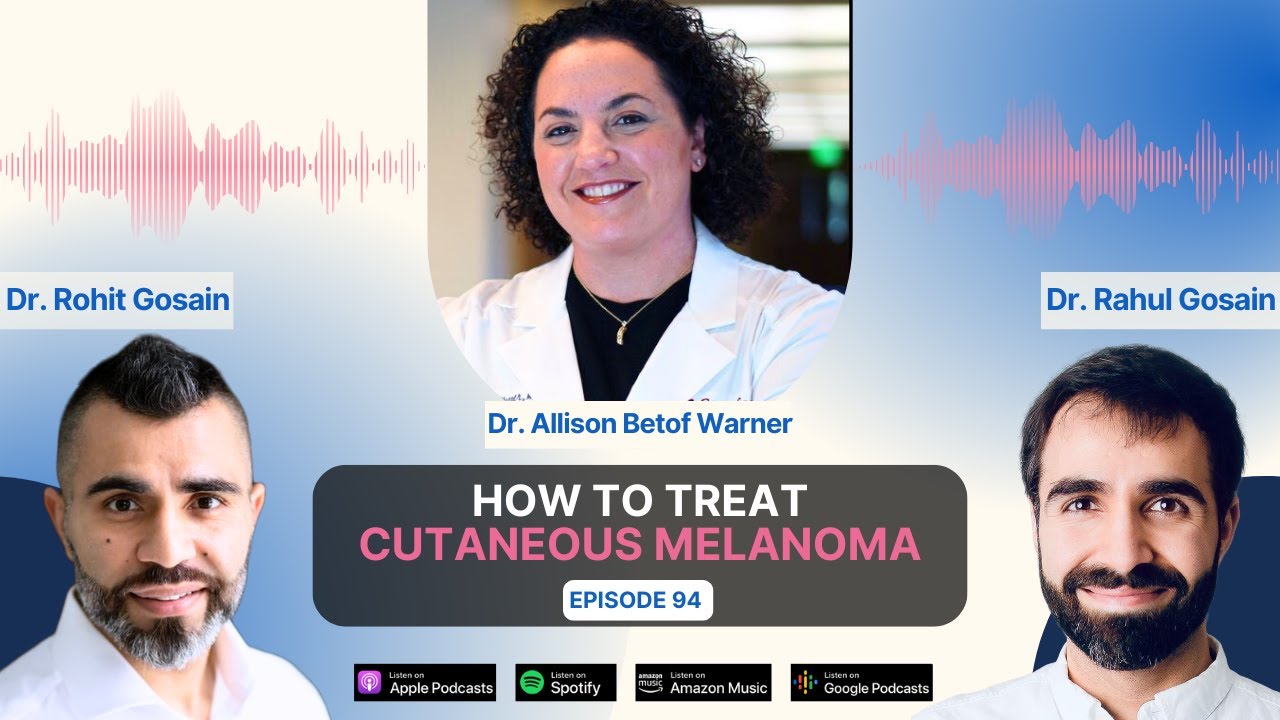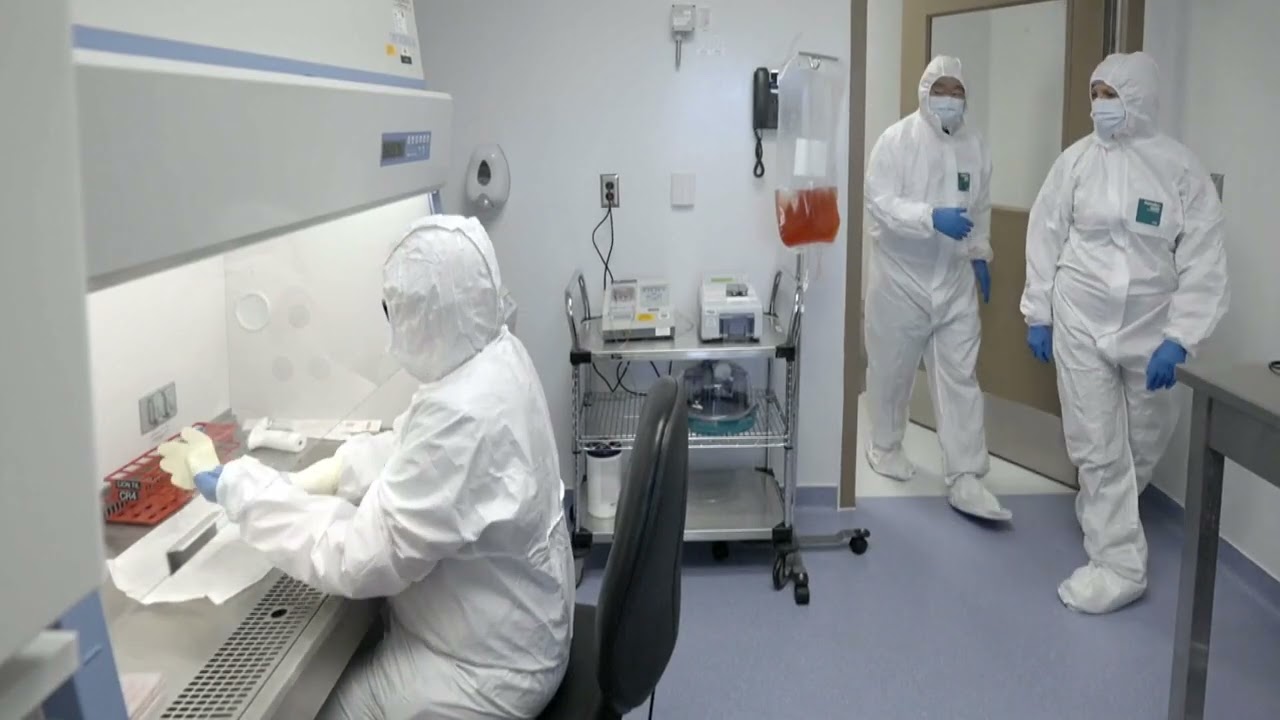The Oncology Channel
NEW YORK (Reuters Health) – Men with azoospermia have a risk of developing cancer 2.9 times higher than the general population, according to data from a Texas andrology clinic.
This is apparently the first report of such a link. “Although other research has suggested increased risk of testicular cancer in all infertile men,” the investigators explain, “the present research supports a more limited population that is most at risk and broadens the malignancies that may develop,.”
Dr. Michael L. Eisenberg, at Stanford University School of Medicine in California, and colleagues note that the connection between malignancy and azoospermia may be genomic, since both may involve deficient DNA repair pathways.
The team investigated the incidence of cancer following an infertility evaluation by linking data from the Texas Cancer Registry with Baylor College of Medicine’s urology department and andrology testing lab.
The study population included 2,238 men with a semen analysis seen between 1995 and 2009. Within this cohort, 451 men were azoospermic, while the other 1,787 were not.
During a median follow-up of 6.7 years, 10 cases of cancer occurred among the azoospermic men (2.2%) and 19 (1.1%) among those without azoospermia, according to the report in Fertility and Sterility online June 21.
The expected number of cancers among the same numbers of men in the general Texas population would be 3.4 and 13.3. The standardized incidence rate (SIR) was therefore 2.9 among men with azoospermia, a significantly increased risk. The SIR for non-azoospermic men was 1.4, but this was not statistically significant.
“In fact, the risk of cancer for an azoospermic man is similar to that for a man 10 years older,” the authors point out.
The age-adjusted incidence of cancer in the two sub-groups was 3.3 and 1.6 per 1000 person-years. Dr. Eisenberg and colleagues therefore conclude, “Although the relative risk of cancer is elevated approximately threefold, it is reassuring that the absolute risk remains low.”
They add, “Future research should focus on the identification of the links between impaired spermatogenesis and cancer, as well as the determination of whether azoospermic men warrant increased cancer screening.”
The author of a related commentary suggests that, while the absolute risk is small, “lifetime risk of developing cancer for these men may be clinically very important.”
Dr. Peter N. Schlegel, with Weill Cornell Medical Center, New York, adds, “If the data in this report are substantiated by other studies, men with a history of severe male factor infertility may warrant longer term observation.”
SOURCE: Increased risk of cancer among azoospermic men
Fertil Steril 2013.








